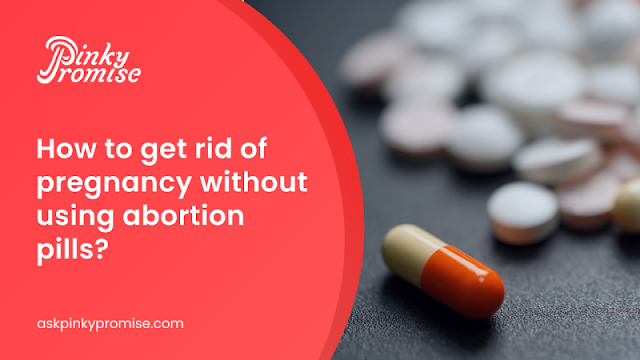What are the signs of fertility in women?
Are you planning to try for a baby? If so, how might you increase your chances of getting pregnant? It is necessary to lookout for signs of fertility in women, such as checking their ovulation period, which can be useful to know to time sex with your partner sensibly and increase your chances of becoming pregnant.
What is ovulation?
Ovulation is the release of a mature egg from your ovary. If you have regular menstrual cycles, you may be able to estimate when you'll ovulate because it often happens 12 to 16 days before your period starts. A fertile woman will likely look and feel like this at each stage of her menstrual cycle:
1–7 days - during your period - least fertile stage
8–9 days - after your period - possible to get pregnant
10–14 days - around ovulation - you are most fertile
15–16 days - after ovulation - possible to get pregnant
17–28 days - thickening of the uterine lining - less fertile - unlikely to get pregnant 1
Additionally, you can monitor your ovulation by keeping an eye out for the following signs:
Changes in your cervical mucus - You might notice that your vaginal discharge is more wet, clear, and slippery.
Changes in your body temperature - A thermometer will show a minor increase in your body temperature.
Use ovulation prediction kits - Ovulation can be detected by measuring the hormone levels in your urine using ovulation prediction kits. Your hormonal levels rise around ovulation.
You'll probably get the best precise results if you mix all these methods. Additionally, bloating, minor stomach pain, and breast tenderness are some symptoms of ovulation. However, these cannot be relied upon to predict ovulation. 2
Fertility problem in females:
Infertility occurs when you are unable to conceive after six months to a year of unprotected, regular sex, depending on your age. It's not always the case that infertility means you're "sterile" or that you'll never be able to have kids. Half of the couples who get assistance can conceive naturally or with medical help. The goal of fertility treatment can be to restore fertility through medication or surgery or to assist you in becoming pregnant using sophisticated techniques.
Symptoms of infertility:
Changes in the menstrual cycle and ovulation in women may be symptoms of an illness connected to infertility. Which are:
Abnormal periods that bleed more heavily or less heavily than usual
No or irregular periods
A painful period that causes cramps or pelvic pain
It may be due to hormonal factors; examples of such symptoms include:
Skin changes
Changes in sex drive
Hair growth on the skin, lips, and chest
Hair loss or thinning
Weight gain
Additional signs include:
Nipple discharge that is milky white (without breastfeeding)
Pain during sex
There may be other factors that contribute to infertility, and they might have different symptoms.3
Causes of low fertility in females:
Problems with fallopian tubes - Infertility due to the "tubal factor" is most frequently caused by a pelvic inflammatory disease brought on by chlamydia and gonorrhea. Additionally, they may become obstructed by scar tissue due to an infection or endometriosis.
Problems with the uterus - include adhesions, septum, polyps, or fibroids inside the uterus. While fibroids and polyps can appear at any age, some abnormalities, like a septum, are present from birth.
Problems with ovulation - due to hormonal imbalances, eating disorders, substance abuse, being overweight or underweight, thyroid problems, extreme stress, and pituitary tumours.
Problems with the egg number and quality - Menopause or the improper amount of chromosomes in some eggs can prevent them from fertilising and developing into a healthy fetus.
Menstrual cycles, previous pregnancies, miscarriages, pelvic pain, abnormal vaginal bleeding or discharge, and other medical history must all be discussed with your doctor. They may also inquire as to whether you have ever had an STI or pelvic infection in the past.
Fertility treatments:
You have several treatment options when your doctor has identified the cause and diagnosed female infertility. The causes of infertility will determine your treatment options.
For instance, structural problems are treated with surgery, whilst hormonal medicines might be used to treat other difficulties (such as troubles with ovulation or thyroid conditions). Many people will need artificial insemination (the injection of sperm into the uterus after ovulation) or in vitro fertilisation (the laboratory fertilisation of eggs with sperm to create embryos, followed by the transfer of the embryo into the uterus). For women who wish to have a family, gestational surrogacy and adoption may also be good possibilities.
Most forms of female infertility cannot be anticipated or prevented. However, in some circumstances, you can avoid infertility by reducing the risk factors that contribute to it. For female fertility, it may be helpful to minimise alcohol use and smoking, maintain a healthy weight and form suitable physical activity routines. Visit your doctor periodically to talk about any potential concerns about female fertility.




Comments
Post a Comment